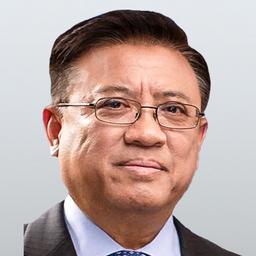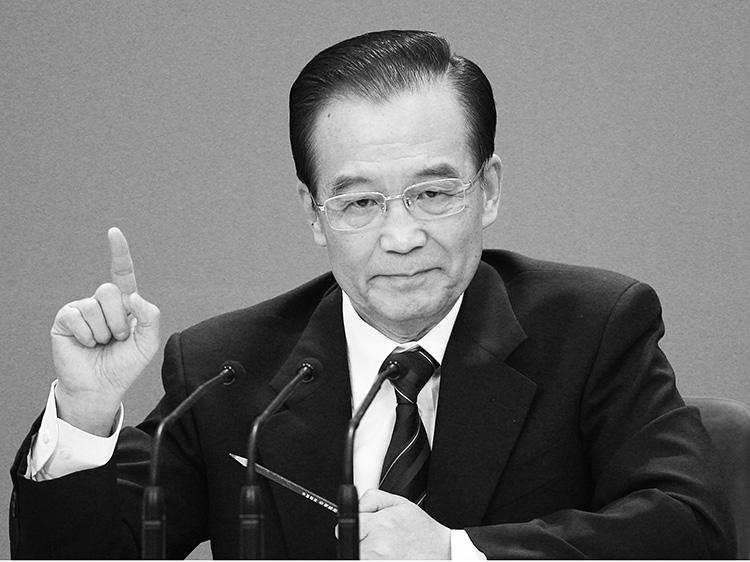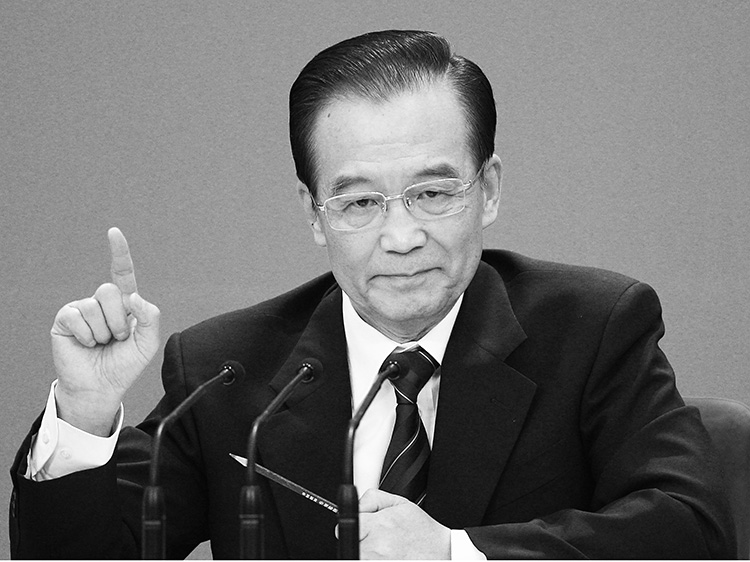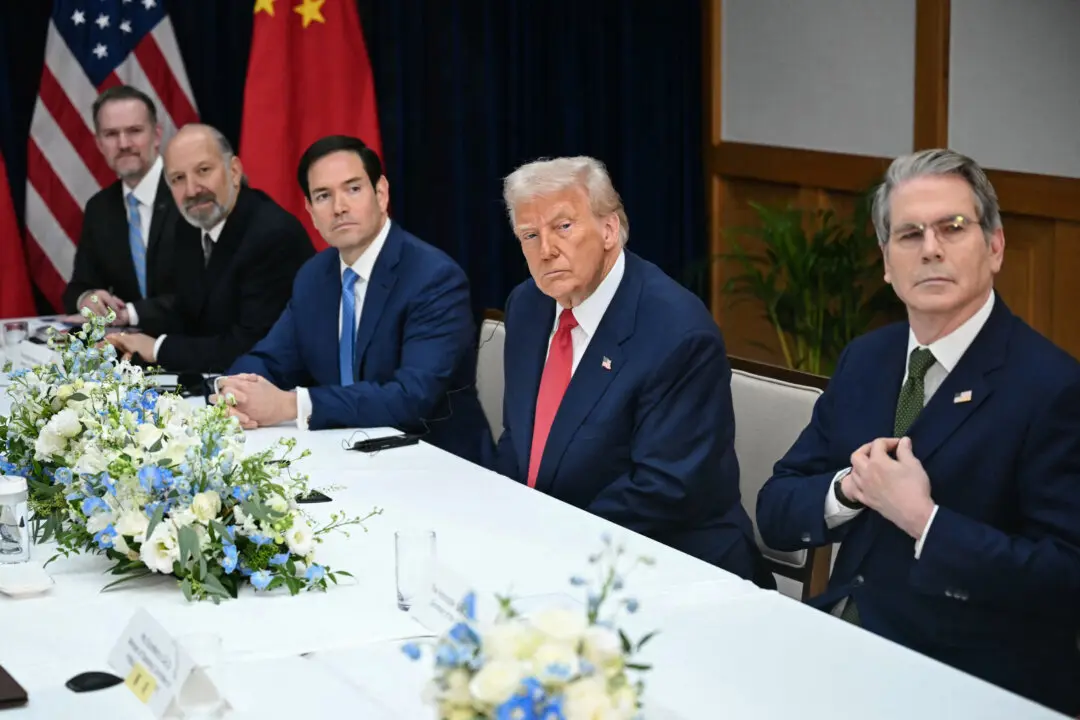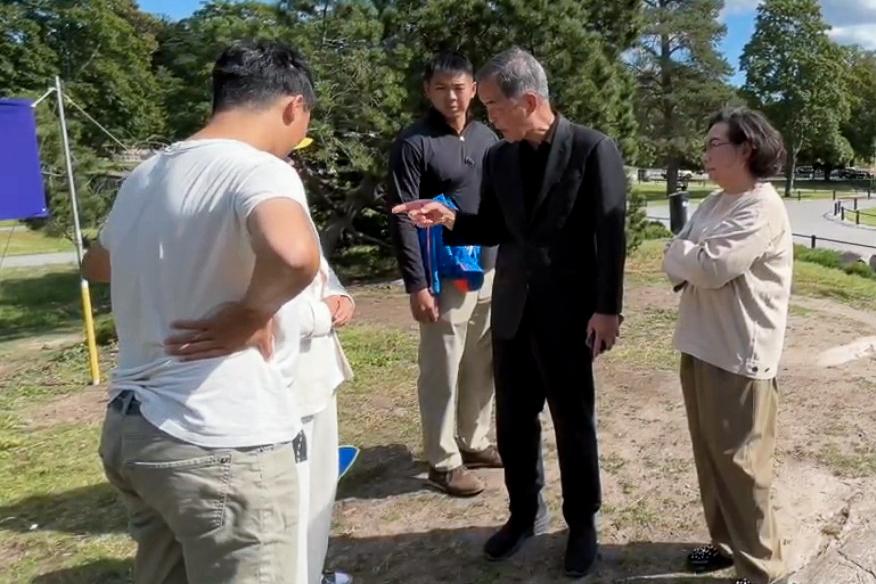The news conference at the last day of the National People’s Congress (NPC) in Beijing went slowly when Premier Wen Jiabao answered questions raised by the reporters. Two hours passed, and Wen ignored former Minister of Foreign Affairs Li Zhaoxin’s reminder of the time and extended the conference.
He still had something to say. Finally, when the reporter from Reuters raised the question about Wang Lijun, the former police chief of Chongqing who attempted to defect at the U.S. Consulate in Chengdu, Wen, as well as the audience watching the TV broadcast, seemed relieved. He was waiting for that question.
About the Wang Lijun case, Wen said, “We will give the people an answer to the results of the investigation and the handling [of the case], so that it can withstand the test of law and history,” according to Reuters.
UPDATE: Zhou Yongkang Lost Power Struggle, Say Chinese Netizens
(Mar. 22)
This is the first time that one of the top leaders directly addressed the issue since Wang entered the consulate on Feb. 6. Wen also referred to Bo Xilai, saying, “The present Chongqing municipal Party committee and the municipal government must reflect seriously and learn a lesson from the Wang Lijun incident.”
